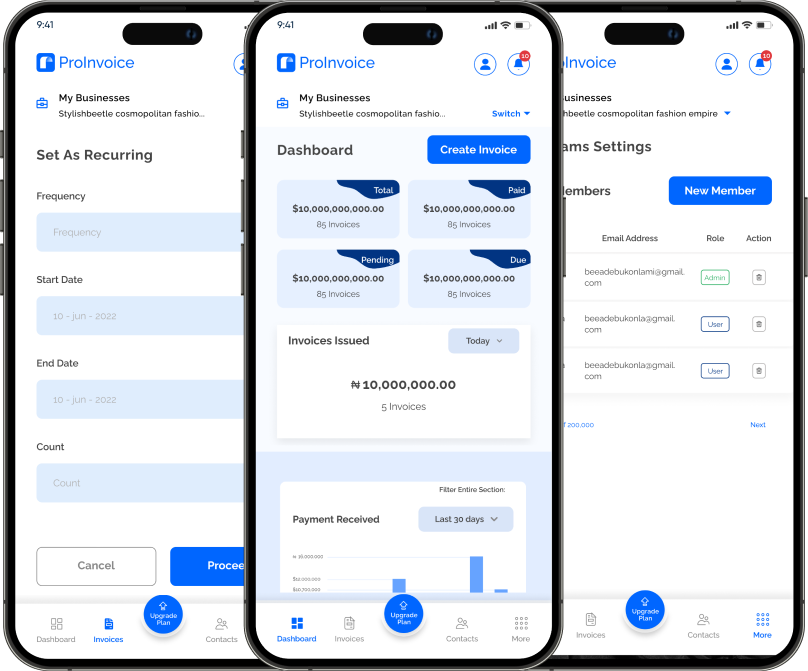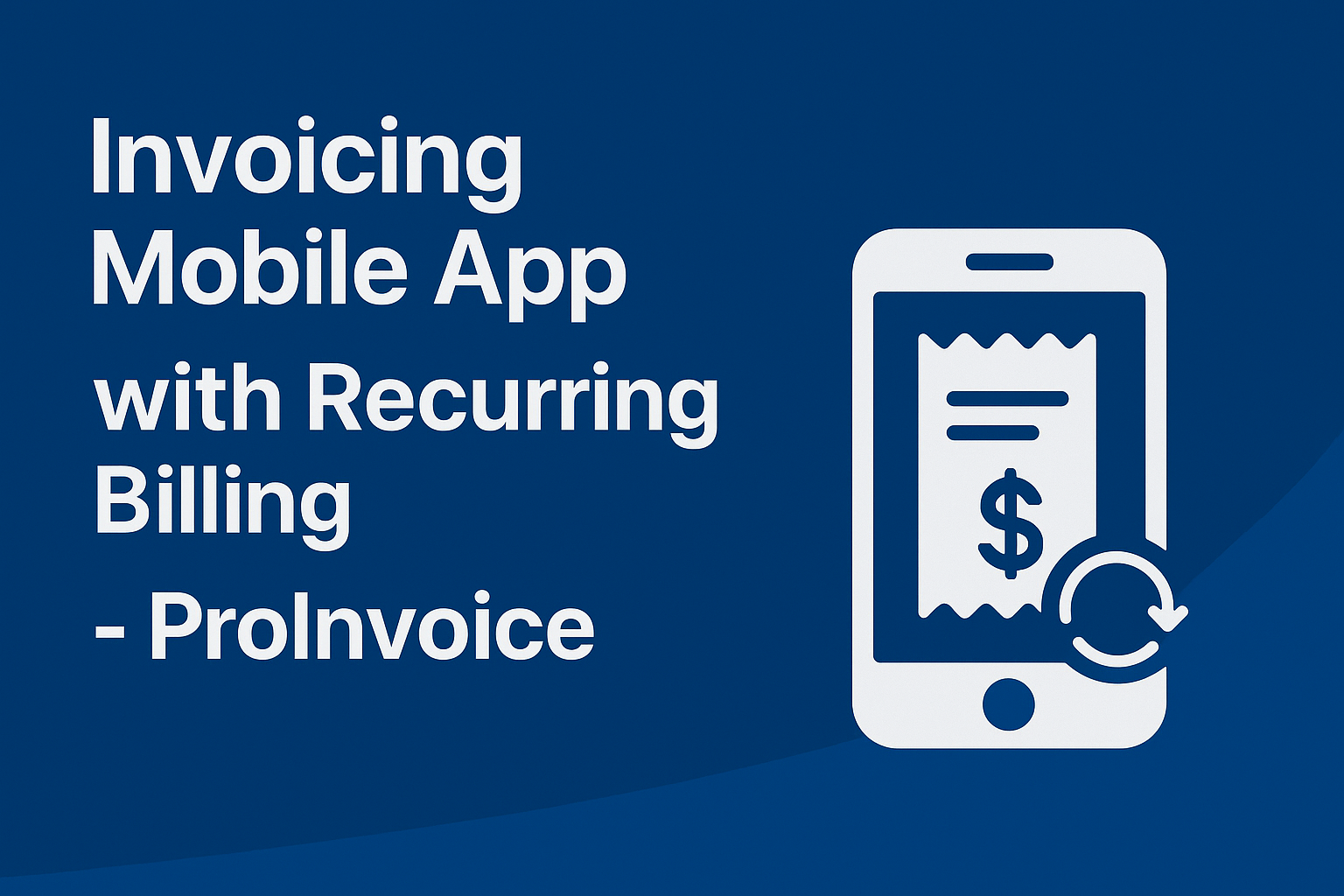Useful Tips for Real Estate Business: Free Invoice for Real Estate, Invoice Template for Real Estate,
If you want to start real estate business in Nigeria, this comprehensive guide provides everything you need for success. Furthermore, starting a real estate business in Nigeria presents exceptional opportunities for ambitious entrepreneurs. Additionally, you’ll discover the essential steps, legal requirements, and proven strategies needed to start a real estate business in Nigeria successfully and thrive in the country’s dynamic property market.
Nigeria’s real estate sector offers tremendous growth potential. Moreover, this industry continues to expand rapidly, making it an attractive investment option. Additionally, the demand for housing and commercial properties keeps increasing across the country.
Also Read: Lucrative Online Business Ideas That Pay In Nigeria.
Why Start a Real Estate Business in Nigeria Today?
Starting a real estate business in Nigeria presents numerous advantages. First, the population growth drives constant demand for housing. Second, urbanization creates opportunities in major cities like Lagos, Abuja, and Port Harcourt. Third, foreign investment continues to flow into the sector.
Furthermore, Nigeria’s real estate market contributes significantly to the GDP. Therefore, entrepreneurs can tap into this lucrative industry. However, success requires proper planning and execution.
Essential Steps to Start a Real Estate Business in Nigeria
1. Develop Your Business Strategy
Initially, you must create a comprehensive business plan. This plan should outline your target market, services, and financial projections. Additionally, research your competition thoroughly. Furthermore, identify your unique selling proposition.
Your business strategy should include:
- Market analysis and target audience
- Service offerings and pricing structure
- Marketing and sales strategies
- Financial projections and funding requirements
2. Choose Your Real Estate Business Model
Several business models exist in Nigeria’s real estate sector. First, you can become a real estate agent or broker. Second, property development offers higher returns but requires more capital. Third, property management provides steady income.
Additionally, you might consider:
- Real estate investment and flipping
- Commercial property leasing
- Real estate consulting services
- Property valuation and appraisal
3. Register Your Business Legally
Legal registration protects your business and builds credibility. Therefore, register with the Corporate Affairs Commission (CAC). Additionally, obtain necessary permits and licenses. Furthermore, comply with local regulations.
Essential legal requirements include:
- Business name registration with CAC
- Tax identification number (TIN)
- Professional certifications if applicable
- Insurance coverage for your business
4. Secure Adequate Funding
Capital requirements vary depending on your chosen business model. However, most real estate ventures require substantial initial investment. Therefore, explore various funding options early.
Funding sources include:
- Personal savings and investments
- Bank loans and mortgages
- Angel investors and venture capital
- Government grants and programs
- Partnership arrangements
Building Your Real Estate Business Foundation
Market Research and Location Analysis
Successful real estate businesses begin with thorough market research. Therefore, analyze different locations and their growth potential. Additionally, study demographic trends and economic indicators. Furthermore, identify areas with high demand.
Consider these factors:
- Population growth rates
- Infrastructure development projects
- Economic activities and employment opportunities
- Government policies and urban planning
Also Read: Tips for Negotiating Payment Terms and Rates with Clients.
Establishing Your Professional Network
Networking plays a crucial role in real estate success. Therefore, build relationships with key industry players. Additionally, join professional associations and attend industry events. Furthermore, connect with potential clients and partners.
Important connections include:
- Other real estate professionals
- Contractors and construction companies
- Financial institutions and mortgage brokers
- Legal professionals and surveyors
- Government officials and regulators

Start creating professional invoices for free
Marketing Your Real Estate Business in Nigeria
Digital Marketing Strategies
Today’s real estate market demands strong online presence. Therefore, create a professional website showcasing your services. Additionally, use social media platforms to reach potential clients. Furthermore, invest in search engine optimization.
Effective digital marketing includes:
- Professional website with property listings
- Social media marketing on Facebook, Instagram, and LinkedIn
- Google My Business optimization
- Email marketing campaigns
- Online advertising and pay-per-click campaigns
Traditional Marketing Approaches
While digital marketing grows in importance, traditional methods remain effective. Therefore, consider print advertising in local newspapers. Additionally, radio and television ads can reach wider audiences. Furthermore, outdoor advertising works well in high-traffic areas.
Traditional marketing options:
- Newspaper and magazine advertisements
- Radio and television commercials
- Billboards and outdoor signage
- Direct mail campaigns
- Referral programs and word-of-mouth marketing
Overcoming Common Challenges
Financial Management
Real estate businesses face unique financial challenges. Therefore, maintain proper cash flow management. Additionally, separate personal and business finances. Furthermore, invest in accounting software and professional services.
Financial best practices include:
- Detailed budgeting and expense tracking
- Regular financial reporting and analysis
- Emergency fund for unexpected expenses
- Professional accounting and tax services
Regulatory Compliance
Nigeria’s real estate sector has complex regulations. Therefore, stay updated on current laws and requirements. Additionally, work with legal professionals when necessary. Furthermore, maintain proper documentation for all transactions.
Compliance areas to monitor:
- Land use regulations and zoning laws
- Building codes and construction standards
- Environmental regulations
- Tax obligations and reporting requirements
Growing Your Real Estate Business
Expanding Your Service Offerings
Growth often comes from diversifying your services. Therefore, consider adding complementary services. Additionally, explore new market segments. Furthermore, develop expertise in specialized areas.
Growth opportunities include:
- Property management services
- Real estate investment consulting
- Commercial real estate specialization
- International property transactions
Technology Integration
Modern real estate businesses leverage technology for efficiency. Therefore, invest in property management software. Additionally, use customer relationship management (CRM) systems. Furthermore, explore virtual reality and drone technology.
Technology solutions:
- Property management and listing software
- CRM systems for client management
- Virtual tour and photography equipment
- Mobile apps for property searches
Success Strategies for Nigerian Real Estate Entrepreneurs
Building Trust and Credibility
Trust forms the foundation of successful real estate businesses. Therefore, always deliver on your promises. Additionally, maintain transparency in all transactions. Furthermore, seek client testimonials and reviews.
Trust-building strategies:
- Honest and transparent communication
- Professional conduct and appearance
- Prompt response to client inquiries
- Detailed contracts and documentation

Continuous Learning and Development
The real estate industry constantly evolves. Therefore, stay updated on market trends and best practices. Additionally, attend training programs and seminars. Furthermore, pursue professional certifications.
Development opportunities:
- Industry conferences and workshops
- Professional certification programs
- Online courses and webinars
- Mentorship and coaching programs
Future Outlook for Real Estate in Nigeria
Nigeria’s real estate sector shows promising growth potential. Therefore, entrepreneurs entering now can benefit from this expansion. Additionally, government infrastructure investments create new opportunities. Furthermore, increasing foreign investment strengthens the market.
Emerging trends include:
- Sustainable and green building practices
- Smart home technology integration
- Co-working and flexible office spaces
- Affordable housing initiatives
Also Read: Tips for Negotiating Payment Terms and Rates with Clients.
Conclusion
Starting a real estate business in Nigeria requires careful planning and execution. However, the rewards can be substantial for dedicated entrepreneurs. Therefore, follow the strategies outlined in this guide. Additionally, remain patient and persistent in your efforts. Furthermore, always prioritize client satisfaction and professional integrity.
Success in Nigeria’s real estate market depends on understanding local conditions and building strong relationships. Therefore, invest time in learning about your target market. Additionally, focus on providing exceptional service to your clients. Furthermore, stay committed to your long-term goals.
The real estate industry in Nigeria offers numerous opportunities for growth and success. Therefore, take action today to start your real estate business in Nigeria. Additionally, remember that consistency and professionalism lead to sustainable success. Furthermore, always keep learning and adapting to market changes.












